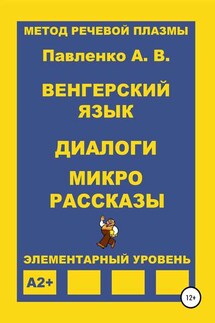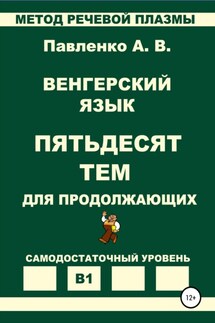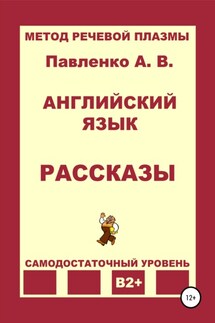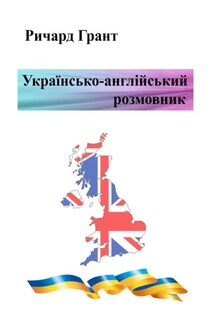Английский язык. Рассказы. Уровень В2+ - страница 2
22. Why were there more people playing in the Irish sessions?
23. Were songs typical for Scottish sessions?
24. How did he feel when he had to leave Edinburgh?
25. Why was that time prominent for their children, too?
Pub Music in Edinburgh
Training 1
Greg first became involved in playing Irish music many years ago when he first visited Ireland. He was greatly inspired after attending some great folk festivals there. The first one he went to was in County Sligo. There were so many great groups playing there. There were thousands of tents and people everywhere, and there was a really great atmosphere.
Training 2
Greg took up the fiddle when he was a small child but dropped it when he came to the age of about thirteen. But after seeing those folk play in Ireland, Greg had to pick it up again. He brought some sheet music back from Ireland, and when he got back home, joined a local folk music club and tried a few tunes. First, they played the tunes very slowly. But gradually Greg learnt a few of them by heart.
Training 3
He moved to Edinburgh, because his wife got a grant to work at the University of Edinburgh. She was looking for a place to work where she could expand her knowledge, and at the same time somewhere where Greg would feel happy. They eventually decided upon Scotland. Greg found some work there too. He is a biologist, specialising in mosses. And he had some good opportunities to talk with other experts, as well as to collect mosses.
Training 4
While they were living in Edinburgh Greg went out three times a week to folk music sessions. They’d go in, sit down in the pub, and have a drink, and someone would get out their instrument and start playing. Then others would join in. Greg really was a bad fiddle player at the time, but he learned a lot from listening and watching how others played.
Training 5
A lot of people from Northern Ireland used to come to the Edinburgh sessions, and they were a strong influence. There are some pubs where people play Irish music, and some where people play Scottish music. There were always more people playing in the Irish sessions, maybe because in Irish music you often find five or six fiddles playing together or because songs were more common in the Irish sessions.
Balalaikas in Syria
My friend Alexander, who is Russian, told me an interesting story about a trip he made to Damascus, in Syria, a few years ago. He was working in a city in the heart of Siberia as an interpreter for a dancing group, composed of boys and girls aged between about fourteen and seventeen. They were a very professional dancing group, as they’d all started dancing at about the age of six, and had been training intensively since then, every day, learning many different types of dances, so it was very impressive to see them. It was a real pleasure for my friend to work with them, and to see them dance so often. Every time he looked at them, he couldn’t help admiring them, as they danced so magnificently, better than many adult dancing groups that he’d seen.
Anyway, they travelled to Damascus in July or August, in the middle of summer, so it was rather hot in Siberia at that time, about twenty-nine degrees Celsius, so everybody was sweating. He said to them before they left, “Don’t forget where we are going, we’re going to Damascus, very close to the desert, and it’s going to be something like forty-seven or even fifty degrees.”









